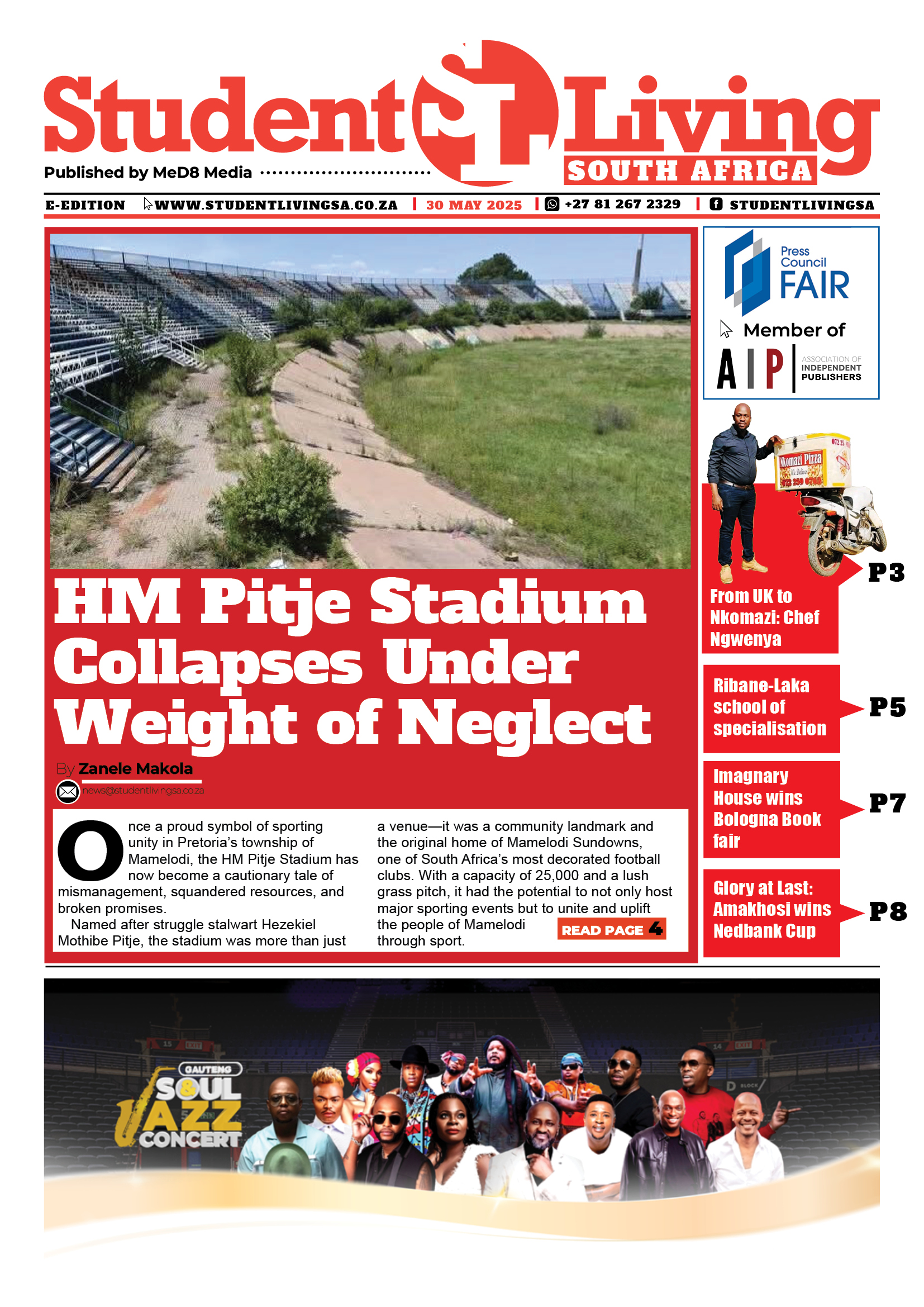Minister of Higher Education, Science and Innovation, Dr Blade Nzimande, Statement on COVID -19 Alert Level 2 Measures in the Post School Education and Training Sector
With the recent announcements made by the Department of Higher Education and Training, Science and innovation, Student Living has highlighted parts of today’s report.
On universities: Reports
In terms of the most recent monitoring report as of 6 August 2020:
- The total number of positive COVID-19 cases reported by institutions is 1 552. Of these 975 are staff, and 577 are students.
- 115 555 students had been issued with permits to come onto campuses for teaching and learning and research purposes. This amounts to approximately 20% of the contact student population. Some institutions are still implementing the phased return of the first 33% of students to their campuses.
- On a daily basis only 29 624 staff and students are screened entering university campuses. It is assumed that not all students issued with a permit are returning to campuses (some may be choosing to continue to work remotely from home). The relatively low number of daily screenings may also be linked to the management of activity on campuses, in that students are not all arriving on campus every day, but are attending campus when it is necessary.
In terms of return to residences, there were 33 985 students living in university-owned residences by the 6 August.
On COVID 19 health and safety
All institutions have prepared their campuses in line with the Higher Health protocols and Health & Safety Committees at all campuses are compulsory and must be actively engaged. All institutions which have not as yet established these institutions are directed to do so immediately and importantly, to ensure that they are all appropriately resourced and fully functional.
Institutions will need to continue to be vigilant and prioritise health and safety of staff and students, while at the same time ensure continued and more intense support for teaching and learning to ensure that the academic year is saved.
In addition:
- Number of staff and students quarantined (cumulative from start of Level 3) = 2 040;
- Number of staff and students requested to self -isolate (cumulative from start of Level 3) = 2 076;
- Number of reported deaths (from start of lockdown): staff = 35; students = 9; and
- Number of students issued permits to access campuses (for teaching and learning/research) = 115 555, i.e. approximately 18% of the total contact student population.
The following are the guidelines on who qualifies, and terms and conditions for digital learning devices:
- Only contact NSFAS funded students who are currently registered at universities and TVET colleges will qualify to receive a device.
- NSFAS funding policy makes provision for NSFAS funded students studying at universities to receive a learning material allowance annually, which covers the cost of necessary learning material (Books or learning device).
- NSFAS funding policy does not make provision for NSFAS funded students studying at TVET colleges to receive a learning material allowance. I have therefore signed a once off policy deviation which will allow TVET college students to receive digital devices for the 2020 academic year. At this point the policy deviation will only apply for this specific academic year 2020.
- University students who are not funded in the DHET scheme do not qualify, e.g Fundza Lushaka, social development and REAP and SETAs (pre-funders) do not qualify for the devices under the Covid-19 digital learning device scheme. Pre-Funding agencies (all funding administered by NSFAS outside of the DHET budget) indicated that there is no additional funding set aside to purchase and procure devices. Funding for digital devices and associated costs must be sourced from the available 2020 funding budget.
- Timester 1 and Semester1 students at TVET colleges will not qualify to receive the learning devices, as these students have already written their final examinations. These learning devices are meant to assist students in completing their 2020 academic year. However, Trimester 1 and Semester 1 students who will be enrolling for Trimester 2 and Semester 2 will qualify to receive the devices.
- Students will have an option to accept or decline the offer of a digital learning device.
University students who have opted to receive the learning device will receive them on a loan-to-buy basis.
The cost of the device would be added to the student fee account and the student will have an option to:
- Purchase it, by settling the cost with the institution,
- Purchase it, by providing consent to NSFAS to withhold the learning material allowance in future academic years, or
- Return it in good working order to the institution.
- Students who will exit the higher education system at the end of the 2020 academic year must return the device in a good condition or purchase the device at a price agreed with the institution. Failure to comply will result in the student’s fee account having a positive balance. This include students that will graduate, students that may exit because of academic progression or N+ rule violations, or students that may opt not to come back in 2021.
On 2021 NSFAS application cycle
The National Student Financial Aid Scheme (NSFAS) 2021 Application cycle opened on the 3rd of August 2020. To date, NSFAS has received over 89 547 applications.
Given current extreme circumstance as a direct result of Covid-19, we are anticipating an influx of applications by the closing date of applications by 30th November 2020, with predictions of a higher number of applications compared to the previous years. It is still early days though, so we will have a better picture in a month or two.
Read more: STATEMENT
















